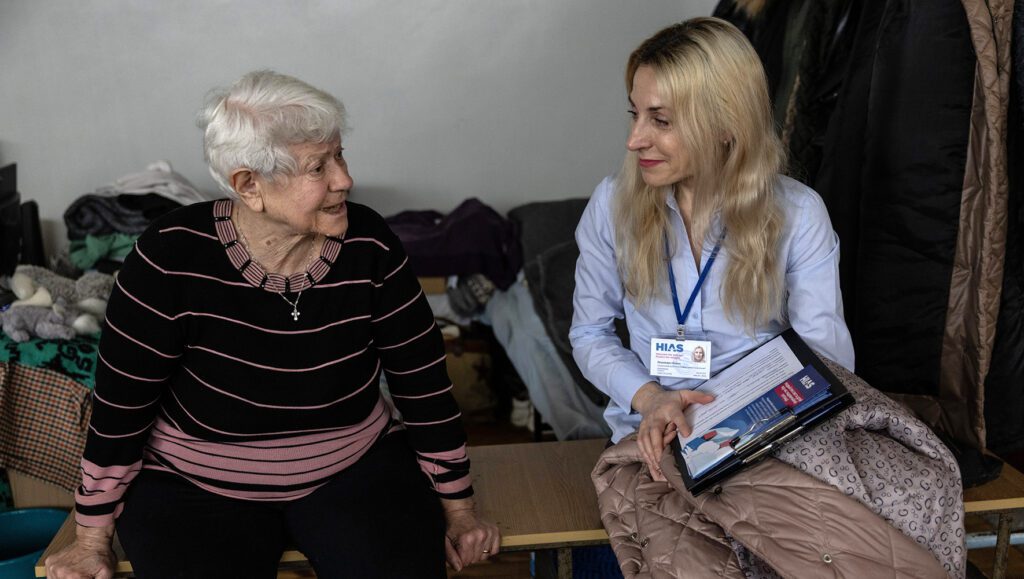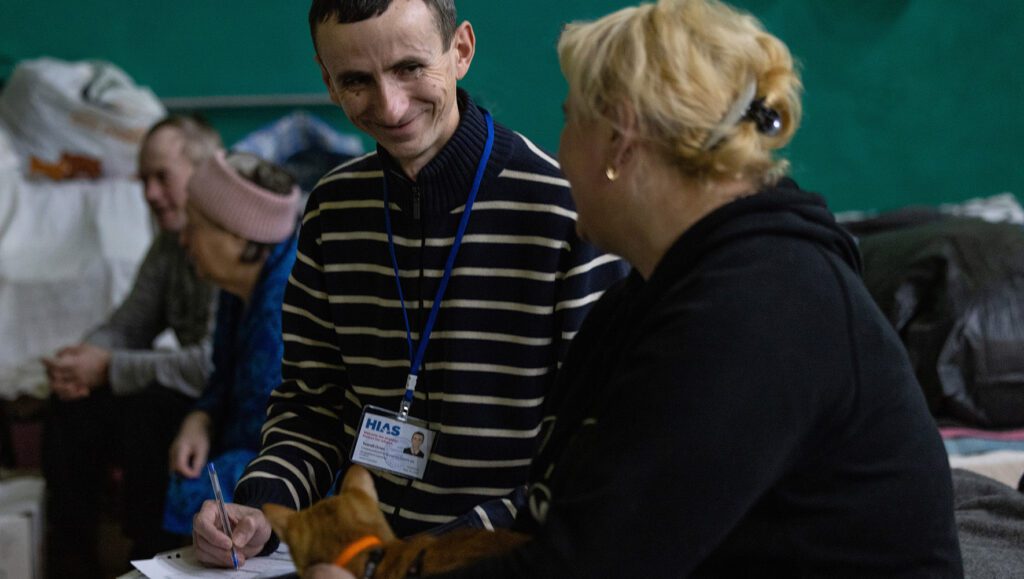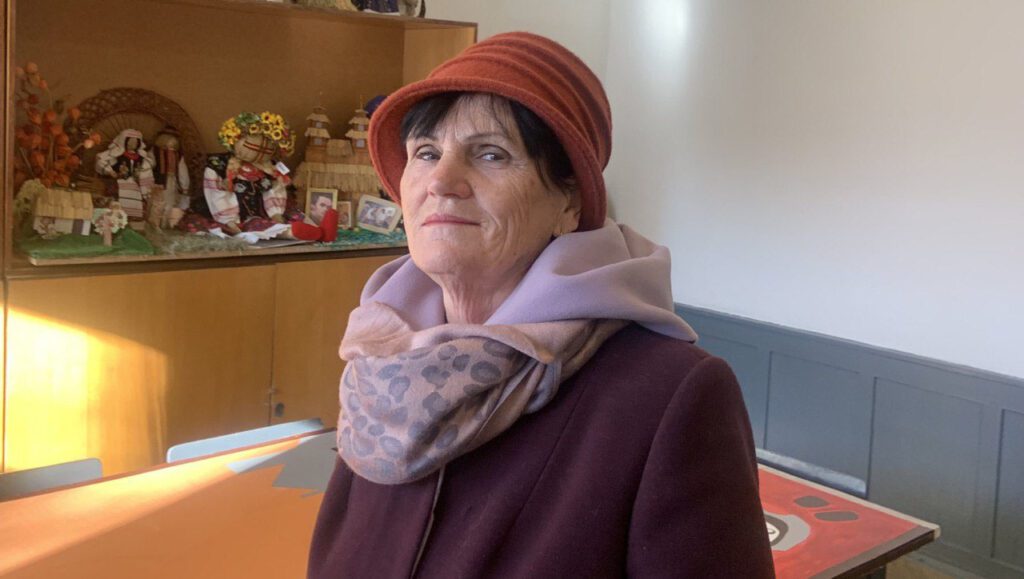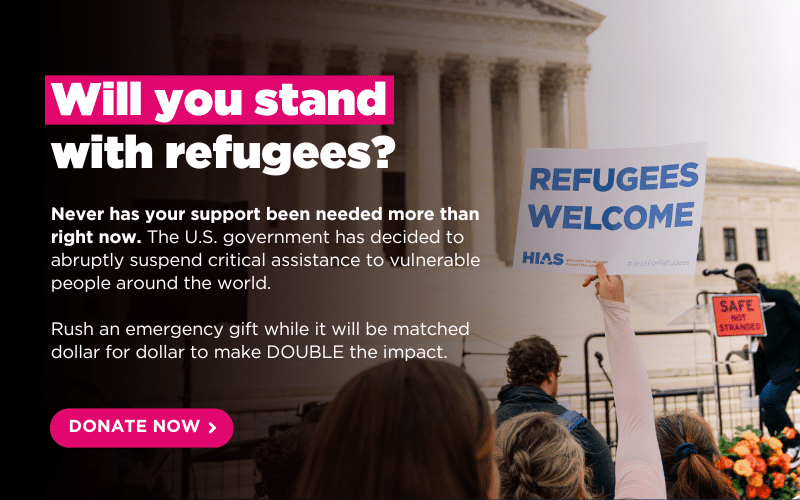Cell Phones Become a Lifeline For Refugees Struggling With Mental Health
By Max J. Rosenthal
HIAS.orgAug 12, 2020
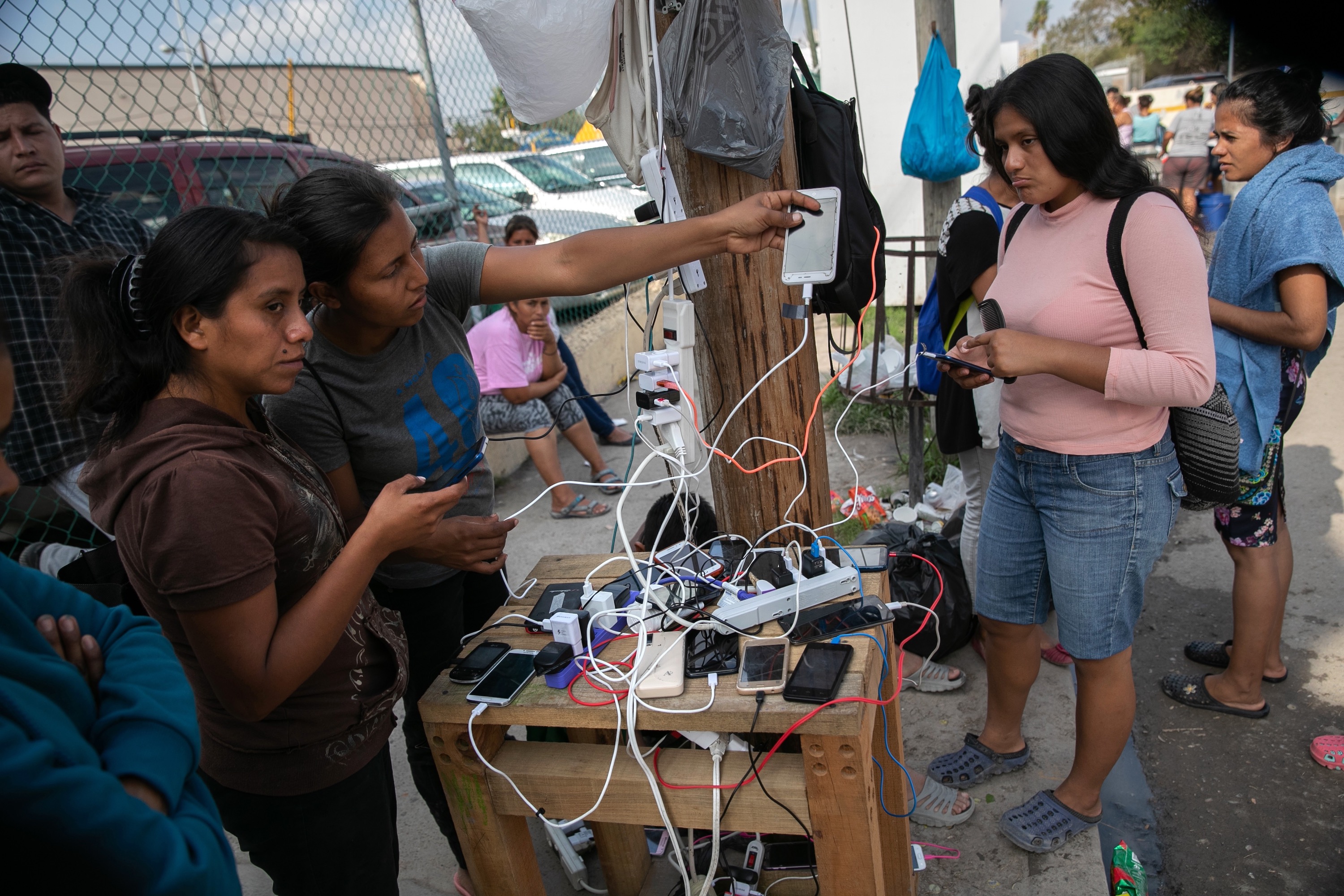
Asylum seekers charge their mobile phones at an immigrant camp in the border town of Matamoros, Mexico, on December 8, 2019.
(John Moore/Getty Images)
The lives of refugees and asylum seekers are traumatic. War, forced migration, lack of safety, and gender-based violence are just some of the dangers displaced persons face as they seek safety, and many are left with serious mental-health issues.
HIAS helps people around the world manage those issues with counseling and mental-health support. But the COVID-19 pandemic has made attending therapy sessions or gathering for support groups a dangerous proposition.
Now meetings have become phone calls and support groups have become WhatsApp group texts. Cell phones, chat apps, and social media are the lifelines many HIAS clients count on to stay in touch with counselors and peers — lifelines that are even more important as the pandemic leaves many without steady jobs, money, housing, or safety.
“Their need for support has increased in ways that weren’t there before,” said Melonee Douglas, HIAS’ regional director for Eurasia and Africa. “So our staff has been spending more time on the phone taking calls after what are normal, traditional business hours, and basically serving as a hotline.”
But while moving mental-health support online has been a challenging and unexpected shift, Douglas said “it’s been a real positive.” The new demands have forced HIAS staff members to become more flexible and provide options that better meet the demands of their clients.
“We weren’t creative enough prior to COVID,” Douglas said. “Does that refugee need to miss work to come down to the office and have a counseling session? Maybe not.”
More flexibility also means more opportunities for clients to play roles in managing their own care. In several countries, members of support groups have kept their groups together by themselves, arranging online gatherings and meeting outside the group in person when possible. Douglas pointed to a group of girls taking part in a HIAS program in Eastleigh, a predominantly Somali neighborhood in Nairobi, Kenya.
“Even if they couldn’t provide the level of protection for each other in their homes, having that support network there and knowing they were kind of all going through it together ... was incredibly impactful for them,” she said.
In Panama, HIAS psychologist Alejanda Argulo has seen similar things among the support groups she organizes. “After the groups or workshops, they have connections, and that’s very important,” she said. The help HIAS can provide, she said, “is kind of like psychological first aid.” While it can give people important tools in a short period of time, long-term connections and the support of friends are necessary for clients to really heal.
HIAS Panama also uses Instagram to reach out to those in need of mental-health help, posting tips and holding live video sessions several times a month. While some people miss the face-to-face contact with psychologists, she said, many clients now “feel like we’re able to be there more” via phone and Internet.
Of course, moving things online comes with its own challenges. Many refugees and asylum seekers can’t afford Internet access or may not even have a phone they can use. In Venezuela, for example, where the local economy is in crisis, Internet service is unreliable and many people share phones among families or communities. “Not everyone can access this kind of support,” said Glaucia Pereda, a psychologist who runs HIAS’ mental-health programs in the country.
Despite the difficulties, though, Pereda said her clients are happy to still have access to WhatsApp groups and support networks. “They start making some friends, they learn how to live with adversity. They open up and talk about their own experience, because sometimes they don’t talk to anyone about how they feel and how to manage,” she said. “It’s so useful to have this kind of space, even remotely.
